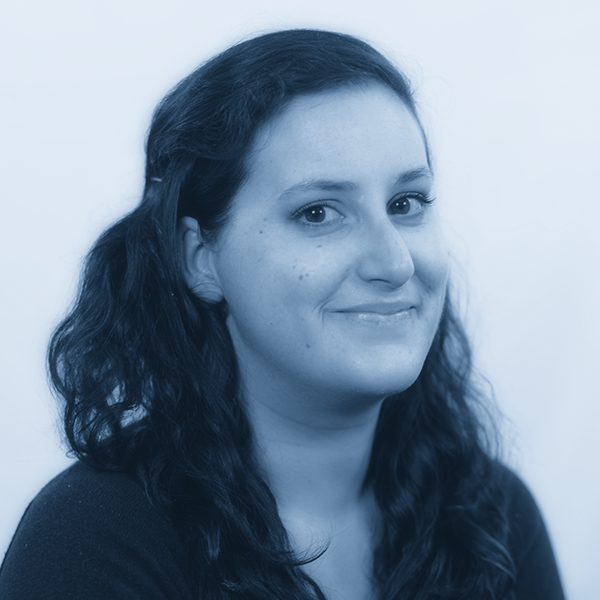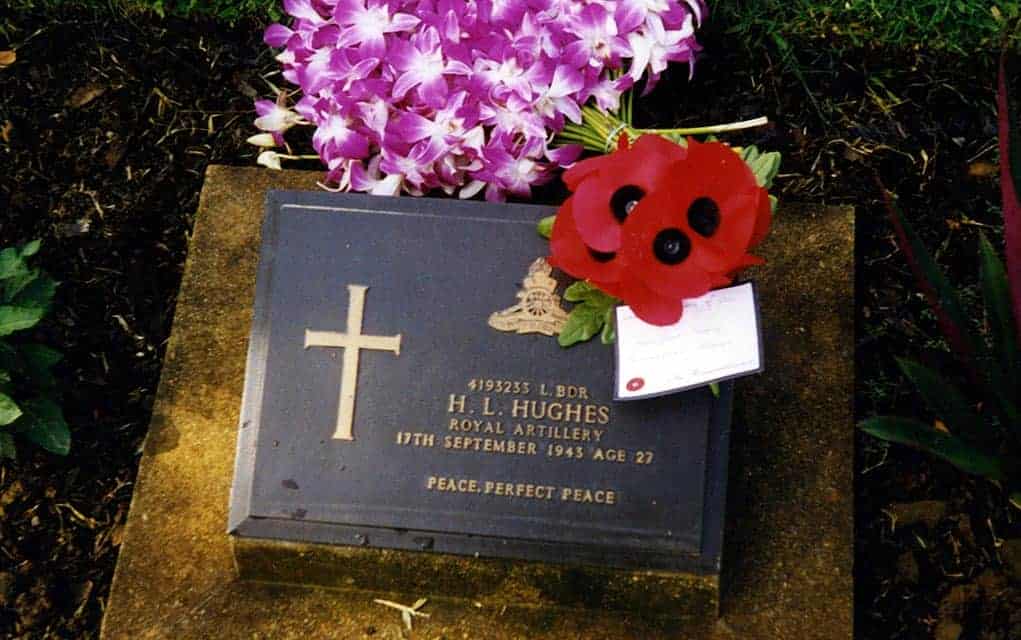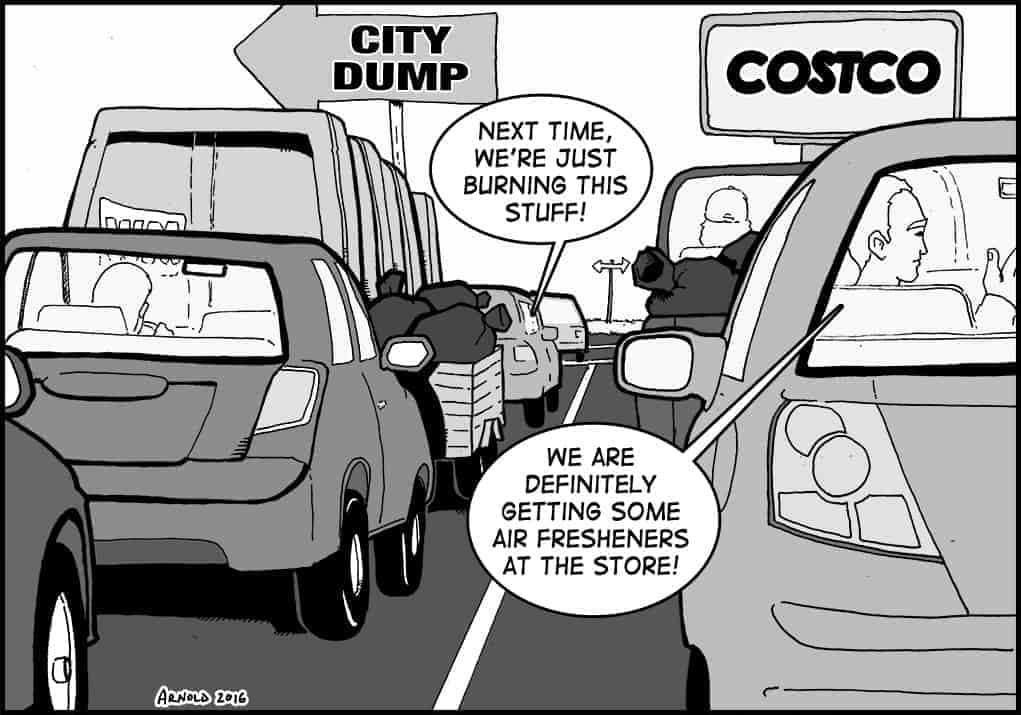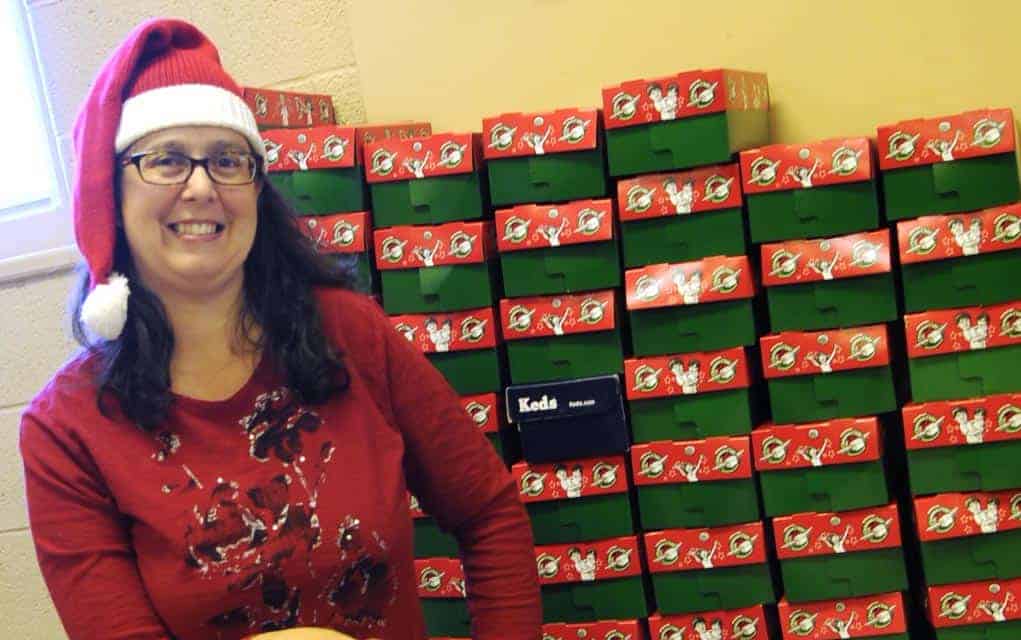Remembrance Day has a bit more meaning for Brian McHugh this year.
The owner of Brian’s Foto Source in Elmira always knew his father was captured in Singapore during the Second World War. This year his mother passed on some family documents to him from his father’s time in the war.
“We were always aware that my dad was captured but most veterans don’t talk about their experience during the war because they’re so traumatized. These documents just came to my attention this year, actually,” McHugh said.
He now has the postcard his father sent to his grandmother informing her that he was a prisoner of the Imperial Japanese Army, as well as a photo of his Royal Artillery Battery which were all captured by the Japanese.
“It’s an unusual postcard because the Japanese usually had a foreign postcard where you ticked off a box, but he was allowed to actually write something,” McHugh explained.
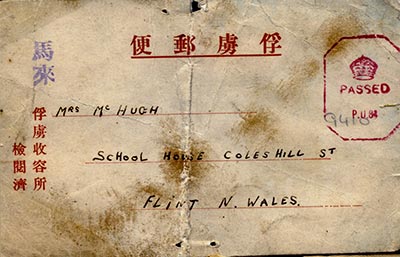
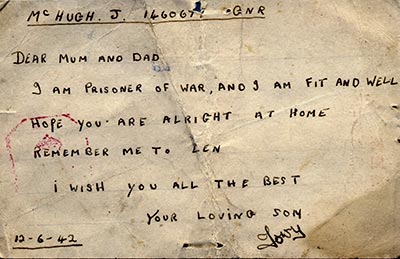
McHugh has a detailed display in his store front window including the new photos and documents he was given, to honour the people who died and suffered enormously. He’s been gathering photos and documents for eight months to create it.
“This year because we got these documents from my mother we decided to do the Bridge on the River Kwai and the thing that I wanted to bring across was that my dad was a prisoner of the Japanese, but my wife’s family was a prisoner of the Canadians and they were all innocent, all the Japanese Canadians were innocent,” McHugh said.
It’s important for McHugh to recognize not just the Canadians who suffered through the brutality of POW camps, but also the Japanese in Canada who had their property seized and were shipped to internment camps in Alberta.
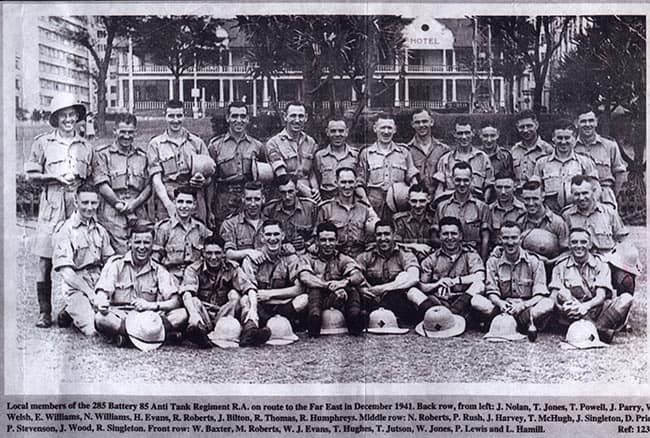
“And then after the war they treated them badly as well. They told them they could not go back to their homes because they’d been sold. And they were told to scatter and head for the east and not to speak Japanese and not to have any Japanese culture. They were made refugees in their own country. To me it’s the blackest mark on Canadian history, just to treat these people this way because of the colour of the skin,” McHugh said.
Understandably, McHugh’s father never said a word about the war when he returned. That’s not unusual for veterans who were devastated by what they experienced.
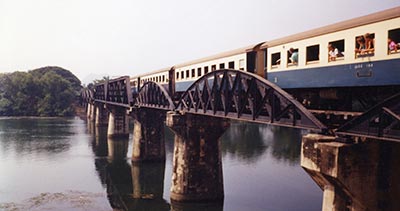
“He came back from the Japanese prison camp pretty much a broken man. Physically he wasn’t too bad off. They of course didn’t feed them very well, so they lost a lot of weight, but it’s the brutal way the Japanese army treated the prisoners of war and also the locals.”
He notes the locals in Japanese-occupied lands were treated even worse than prisoners of war and yet we don’t often hear about the struggles they endured. An estimated 12,921 Allied POWs died during the construction of the Burma Railway, also known as the Death Railway. But more than 100,000 locals from Thailand, Malaysia, Burma and other Southeast Asian countries died building the railway after being forcibly drafted into the Imperial Japanese Army. Southeast Asian victims have never received any compensation or reparations.
“They were worked to death on the railway,” McHugh said.
McHugh’s window display is also to encourage peace. The television in the window is playing Karl Jenkins’ Mass for Peace, which is about the brutality of war and how peace is the better option. It has been performed more than 2,000 times.
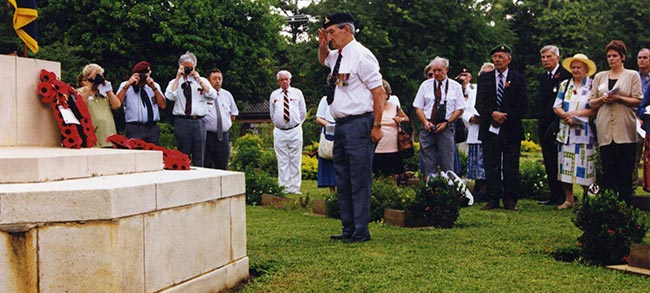
“This idea started, I was having a conversation with a Mennonite man about roughly Christmas time last year. And we were talking about the world is a horrible place sometimes and what small thing can we do to encourage people to get along, to learn to live together and to create peace in the world,” McHugh said.
The display is his small way of spreading a positive message.
“Peace is the better option. We don’t want to repeat the mistakes of the past. I think we should all do what we can to bring peace to the world.”

